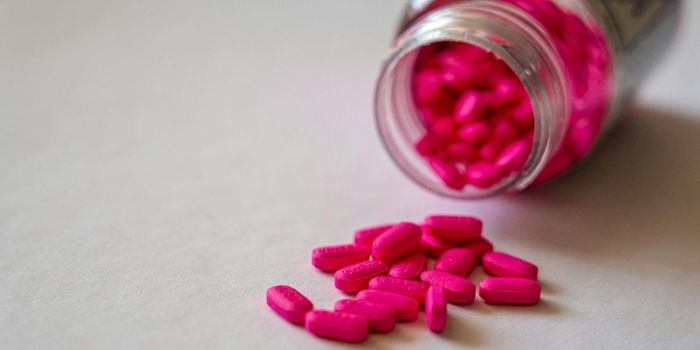Gratitude Lowers Blood Pressure by Improving Resilience to Stress

Studies show that stress has a negative impact on cardiovascular health and contributes to events including sudden death, heart attack, cardiac ischemia, and changes in cardiac regulation.
Studies also show that low-cost gratitude interventions can act as a buffer for stress, which may aid cardiovascular outcomes. For example, one study found that cardiac patients who use gratitude journals have better cardiovascular outcomes than those who do not.
Further investigation of the link between gratitude and cardiovascular health could validate gratitude as a means to reduce cardiovascular risk.
In the present study, researchers in Ireland set out to investigate the link between gratitude and cardiovascular health. To do so, they recruited 68 undergraduate students aged between 18 and 57 years old to partake in a stress-test experiment.
Each participant was assessed for state gratitude, alongside positive and negative affect- the propensity to experience positive or negative emotions and react in a positive or negative way.
Participants also underwent a lab-based cardiovascular stress-testing protocol, which included a 20-minute acclimatization period, a 10-minute baseline period, a 6-minute arithmetic stress task, and an 8-minute recovery period. The researchers monitored participants' cardiovascular measures during the experiment.
In the end, they found that participants with higher levels of state gratitude were more likely to have lower systolic blood pressure responses throughout the stress-testing period. They further noted that affect balance- experiencing a 'balance' of positive and negative emotions- increases the effects of state gratitude.
The researchers noted their findings mean gratitude may reduce reactivity to, and hasten recovery from, stress. They noted, however, that gratitude did not appear to affect other cardiovascular measures in their study. The findings nevertheless add further evidence for the potential clinical utility of gratitude interventions.
Sources: Neuroscience News, International Journal of Psychophysiology








